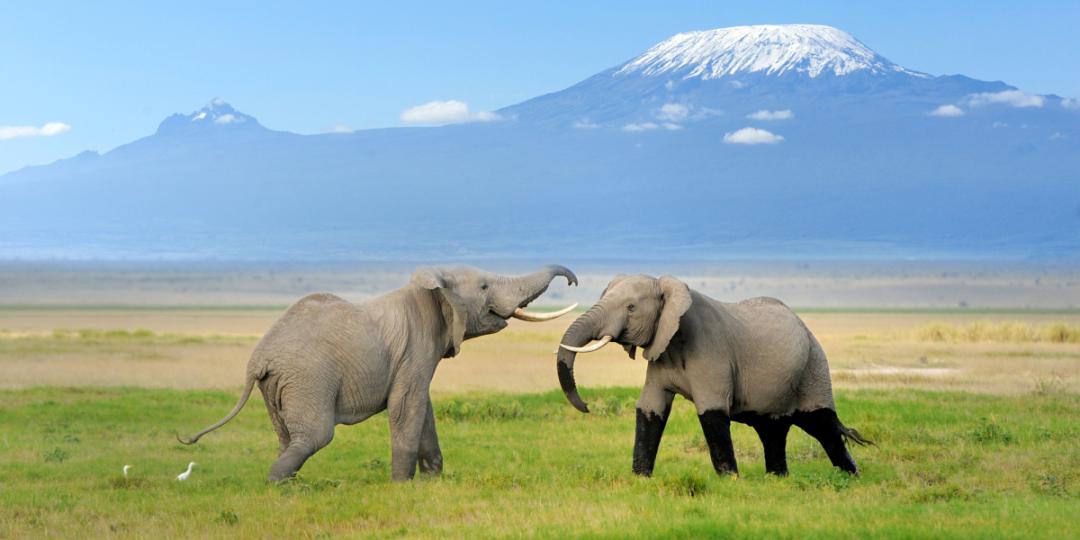East Africa seems to be slowly opening up its borders and restarting its tourism sector with major tourist destinations, including Tanzania and Rwanda, already receiving international tourists.
Yet some countries are still hesitant to open up borders to international travellers. Tourism Update spoke to industry tourism business leaders in the region to get a clear view of East Africa’s way forward since the COVID-19 pandemic.
In Kenya, President Uhuru Kenyatta has kept the international travel ban in place until July 6. City Lodge Hotel Group COO, Lindiwe Sangweni-Siddo, said management of its Kenyan hotels awaited government’s protocols to provide direction on the reopening of the hospitality industry after that date.
“An announcement was made that government will be injecting KES2 billion (€16.6m) into funding relief for the hotel industry, to cushion the impact of COVID-19,” she said. “Industry awaits clarity on how these funds will be allocated and is working with the Kenya Association of Hotelkeepers & Caterers on this.”
With the international bans still in place, domestic tourism is the focus for many east African countries, including Kenya. But is it enough?
“Unfortunately, domestic travel is a very small percentage of the hospitality business in Kenya, but the cessation of movement into and out of Nairobi has completely stopped that market as well,” commented Sangweni-Siddo.
“We are hopeful of international tourists coming to our Tanzania properties with Ethiopian Airlines, Qatar, Fly Dubai and Emirates having announced plans to resume flights in June.”
CEO of Classic Portfolios, Suzanne Bayly-Coupe, said Classic Portfolios’ properties in Tanzania had opened up tentatively with strict COVID-19 protocols. She added that the tourism industry across Africa had suffered dramatically as a result of COVID-19 and that it was important for lodges and camps to be able to return to business.
“We are encouraged by seeing greater strategic co-operation between lodge and camp owners as they select which camps to open in a region, which facilitates strong itinerary building and prevents having an oversupply of beds in one area and no option to go anywhere else,” said Bayly-Coupe.
“Legendary Expeditions and Chem Chem Safaris have always had a natural synergy but have become even closer in times like these. This sense of unity and bonding has also extended to include several companies such as Nomad and Singita.”
CEO of Angama, Nicky Fitzgerald, is cautiously optimistic that Kenya will see inbound tourism taking off in the not-too-distant future.
“President Kenyatta has been swift and decisive in taking appropriate measures throughout this crisis. Along with Kenya Airways, we have also heard that Qatar Airways is planning to resume flights to Nairobi as soon as it is able to do so,” said Fitzgerald.
“Angama Mara has remained open throughout this period – albeit without guests – but staffed to ensure that we have protocols in place and are ready to receive travellers the moment the government gives us the green light.”
Fitzgerald said they had already seen enquiries trickling through for later this month and early July, showing hope in the region restarting its tourism industry.
“Undoubtedly, the industry will emerge from this looking different to how it did before – not just in Kenya but worldwide – and sadly, there will be casualties that simply will not make it through.”























